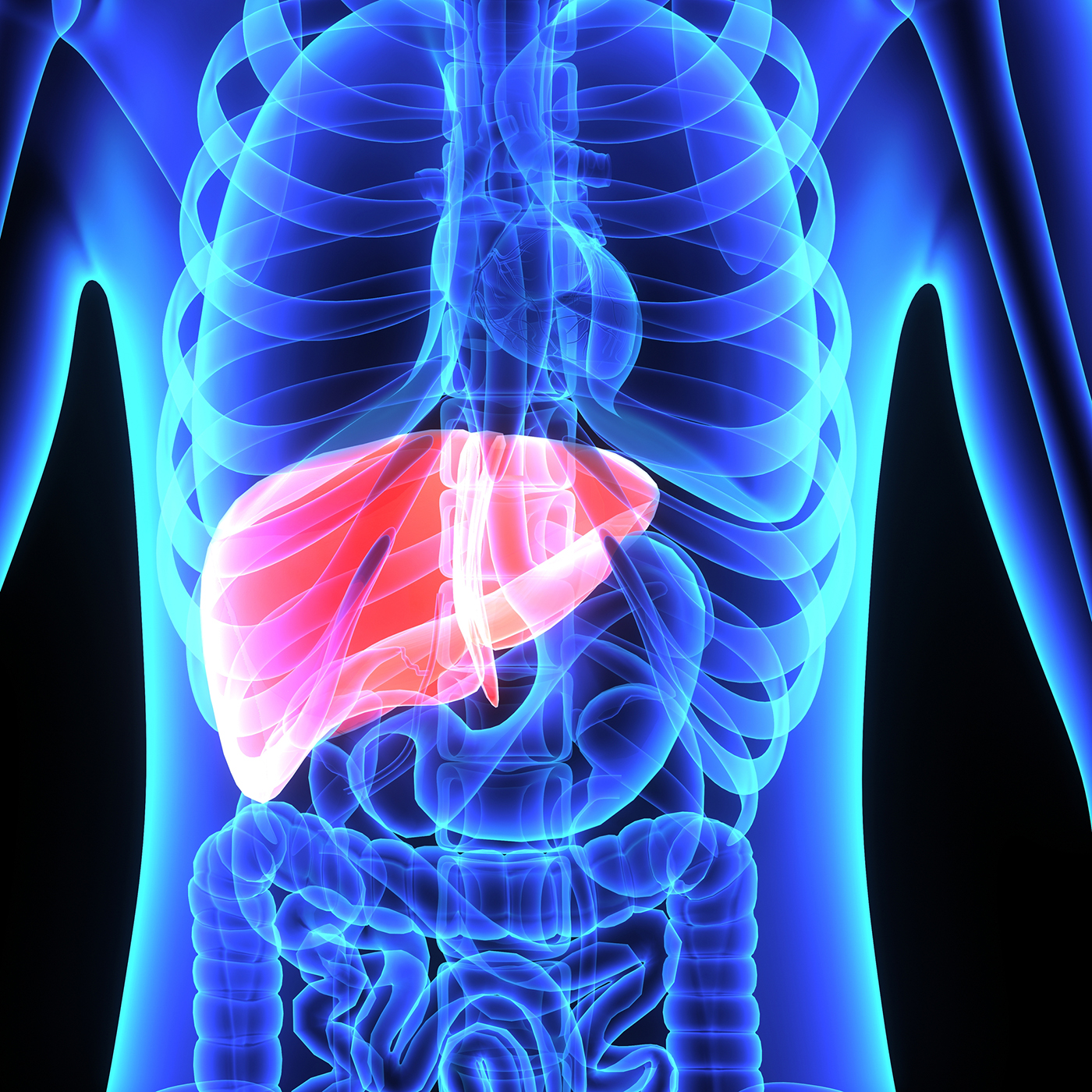Intercept's Ocaliva approved in EU for liver disease

The European Commission has approved Intercept’s Ocaliva (obeticholic acid) for the liver disease primary biliary cholangitis (PBC).
Already approved for PBC in the US in May, Thomson Reuters’ report into drugs to watch in 2016 forecasts that sales of Ocaliva could reach $2.6 billion by 2020.
The European approval is conditional, meaning that the marketing authorisation must be renewed annually until safety and efficacy are fully confirmed by the COBALT phase 4 outcomes study and a short-term study in patients with hepatic impairment.
It is the first new drug approved to treat the disease for around two decades, and has only one competitor, ursodeoxycholic acid (UDCA), which has gone generic.
Ocaliva is approved in combination with UDCA in adults who have not responded to the older treatment, or as monotherapy for those unable to tolerate it.
Intercept noted a substantial percentage of patients treated with UDCA continued to experience persistent elevations above the upper limit of normal in the serum marker alkaline phosphatase.
This corresponds with increased risk of liver failure, the need for liver transplant and death. They also faced the risk of experiencing adverse outcomes when bilirubin levels are elevated.
Intercept stated that total bilirubin levels, even within the normal range, had been shown to predict clinical outcomes in PBC.
Ocaliva is a potent and selective agonist of the farnesoid X receptor (FXR), which is expressed at high levels in the liver and intestine and thought to be a key regulator of bile acid, inflammatory, fibrotic and metabolic pathways.
Intercept will be able to market Ocaliva in 28 EU member states and three European Economic Area member states.
Frederik Nevens, University Hospitals Leuven & KU Leuven, Belgium, and the lead investigator of the phase 3 POISE clinical study, said: "Despite the availability of UDCA, many patients have remained at significant risk of adverse outcomes with no alternative treatment option available. Ocaliva can now help fill an important unmet need for these patients."
Intercept is also developing obeticholic acid to treat nonalcoholic steatohepatitis (NASH), a liver disease targeted by other pipeline drugs from the likes of Gilead and Shire.













